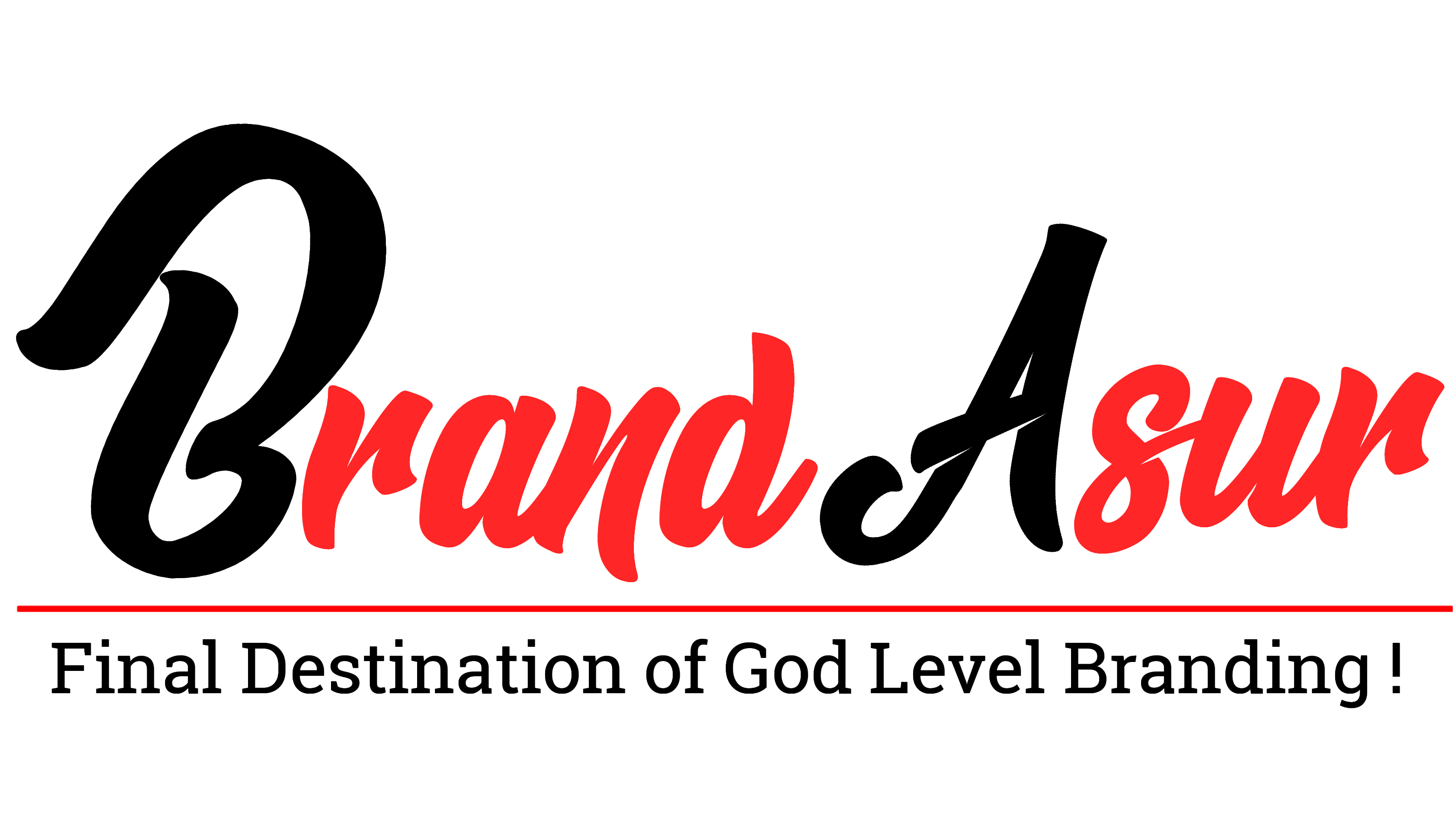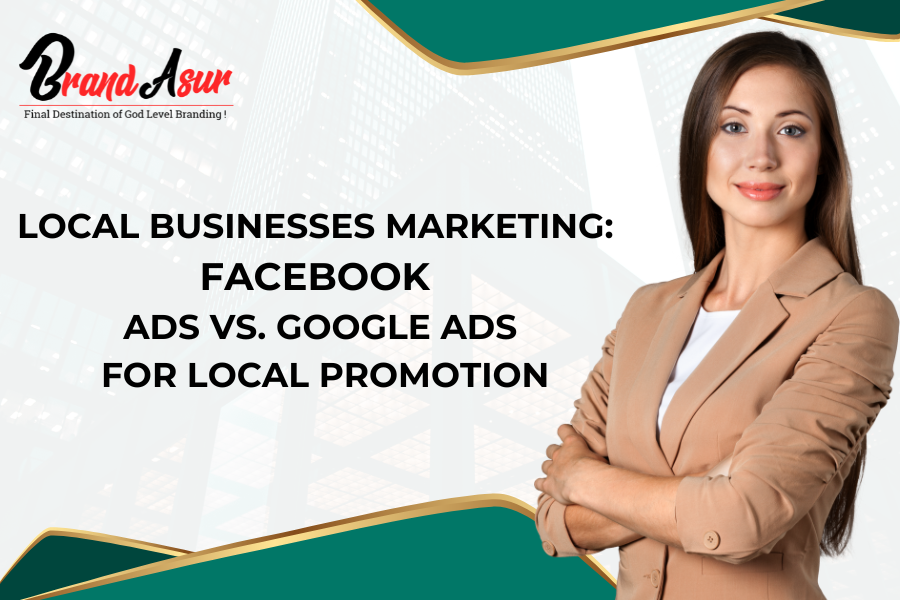Choosing between SEO (Search Engine Optimization) and PPC (Pay-Per-Click) advertising for your business in 2024 depends on various factors, including your business goals, budget, timeline, and industry. Both strategies have their strengths and can be effective in different scenarios. Here’s a breakdown to help you decide which might be better for your business:
SEO (Search Engine Optimization)
Pros:
- Long-term Benefits: Once your website ranks well, it can maintain its position with less ongoing investment.
- Cost-effective: Organic traffic is free, and although SEO requires an investment of time and resources, it typically costs less than PPC in the long run.
- Credibility and Trust: Users tend to trust organic results more than ads. High rankings can enhance your business’s credibility.
- Sustainable Traffic Growth: Good SEO practices can lead to steady traffic growth over time.
Cons:
- Time-consuming: SEO can take several months to show significant results, which might not be suitable for businesses looking for immediate returns.
- Ongoing Effort: Requires continuous effort in terms of content creation, backlink building, and keeping up with algorithm changes.
- Uncertain Results: SEO is dependent on search engine algorithms, which can change and impact your rankings.
PPC (Pay-Per-Click Advertising)
Pros:
- Immediate Results: PPC campaigns can start driving traffic and generating leads almost instantly after they go live.
- Control and Flexibility: You have more control over your ad copy, target audience, and budget. You can also make real-time adjustments.
- Measurable ROI: PPC provides clear metrics and analytics, allowing you to measure the effectiveness of your campaigns precisely.
- Targeting Capabilities: Advanced targeting options (demographics, location, interests, etc.) allow for highly targeted campaigns.
Cons:
- Cost: PPC can be expensive, especially in competitive industries where the cost-per-click (CPC) can be high.
- Temporary: Once you stop paying for ads, the traffic stops. There are no long-term benefits as there are with SEO.
- Ad Fatigue: Users might become desensitized to ads over time, potentially reducing their effectiveness.
When to Choose SEO
- Long-term Growth: If you’re looking for sustainable, long-term growth and can invest time and resources into building your organic presence.
- Limited Budget: If your budget is constrained and you prefer a more cost-effective strategy over time.
- Building Authority: If you want to establish your brand as an authority in your industry.
When to Choose PPC
- Immediate Results: If you need to drive traffic and generate leads quickly.
- Product Launches/Promotions: If you have a new product, service, or promotion that you want to highlight immediately.
- Highly Competitive Keywords: If your industry is highly competitive and organic ranking is difficult to achieve in the short term.
- Precise Targeting: If your business benefits from targeting specific demographics, locations, or behaviors.
Combining SEO and PPC
Many businesses find that a combination of both SEO and PPC works best. This hybrid approach allows you to capitalize on the immediate benefits of PPC while building a strong organic presence through SEO. Here are some ways to integrate both:
- Keyword Strategy: Use PPC to test which keywords convert the best and then focus your SEO efforts on those keywords.
- Remarketing: Use PPC for remarketing to reach users who have already visited your site via organic search.
- Content Gaps: Use PPC to drive traffic to new content while it’s gaining traction organically.
there’s no one-size-fits-all answer. The best approach for your business in 2024 will likely depend on your specific goals, resources, and market conditions. Evaluating both strategies and considering a combined approach might provide the most balanced and effective results.





